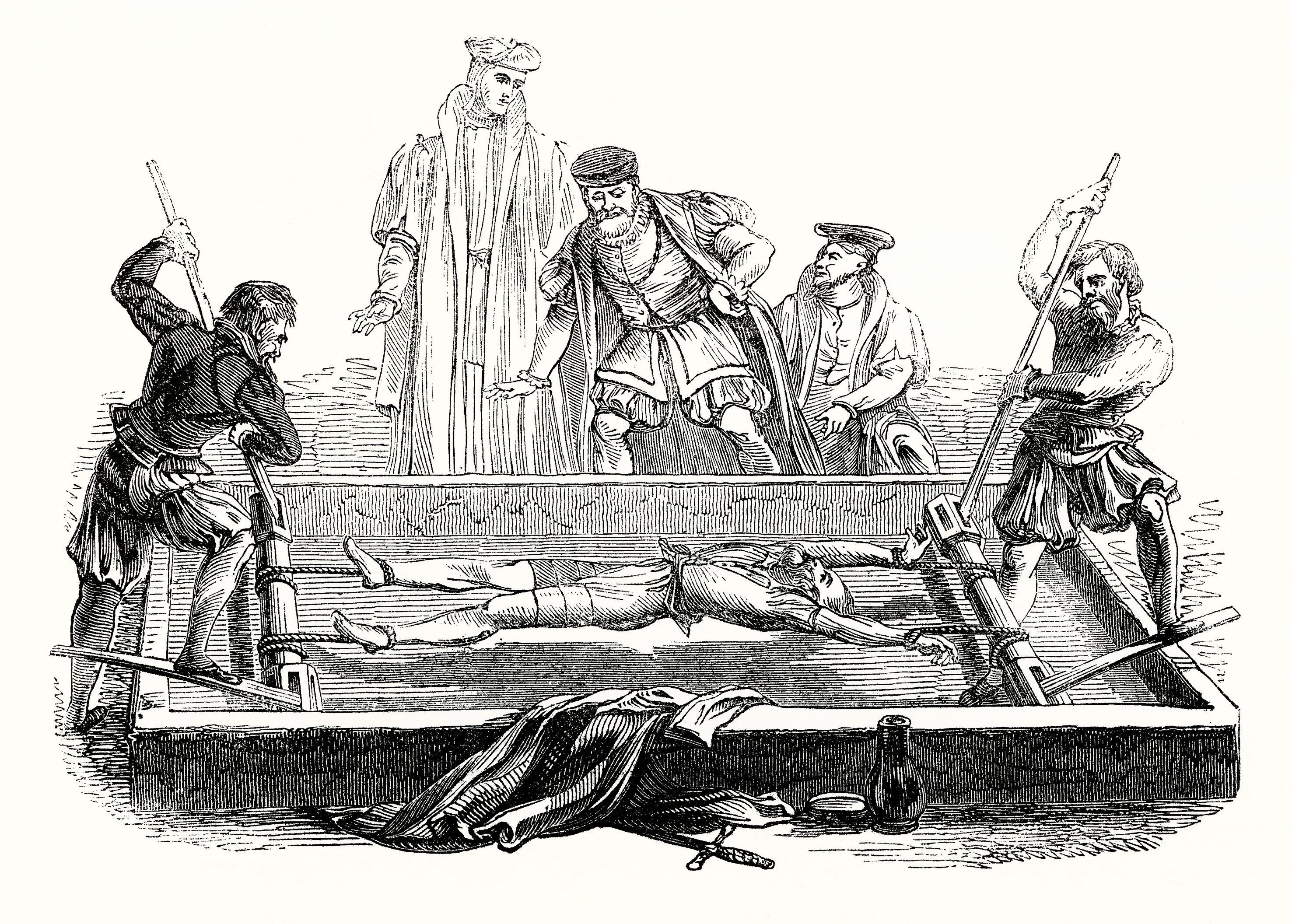Mea Culpa: earlier and later American principles
Questions of language and style in last week’s Independent, reviewed by John Rentoul


In a report of Joe Biden’s condemnation of student protests on Thursday, we wrote: “He said the images of police clashing with protesters put the ‘fundamental American principles’ of free speech and the rule of law ‘to the test’, as he pointed out the importance of maintaining the latter to allow the former.” It took me a long time to work out that the president wanted to maintain the rule of law in order to allow free speech.
My rule is to avoid “the former” and “the latter” altogether – because they always require the reader to go back and check what was “the earlier” and “the later” – and to find another way to say what we are trying to say. In this case, we could have written: “He said the images of police clashing with protesters put ‘fundamental American principles … to the test’, as he pointed out the importance of maintaining the rule of law to allow freedom of speech.”
Slip-sliding away: An opinion article on Thursday declared: “If you want your child to have a screen-free life – and also have a slither of respect for you – there is no equivocation here: give up your own phone first, before you try and ban theirs.”
A worthy sentiment, with which I strongly agree. We just needed to change “slither” to “sliver”, meaning a thin slice of something, but a word that is often misheard as something a snake does.
Horse overcome: We used “as” to tie two parts of a headline together to accidentally comic effect on Monday: “Cheltenham Festival hero Shishkin dies as Nicky Henderson pays tribute to ‘warrior’ racehorse.” The “as” made it seem that the horse’s death and Mr Henderson’s comments happened at the same time. “Maybe the horse was overwhelmed by the tribute,” said Paul Edwards. I realise that we prefer to minimise punctuation in headlines, but a colon or a dash would have been better.
Tortured thinking: Last weekend we urged our readers to “wrack your brains for any precedent” for the takeover of a significant UK newspaper – The Daily Telegraph, in this case – by persons unknown. The original phrase is “rack your brains”. The analogy is of torturing someone on a rack, a medieval device for stretching people to try to force them to confess. It is a pretty strange metaphor for brains, so a case can be made for “wrack”, as a variant of wreck. But we changed it to what, for some of our readers, is the more familiar form.
Uses of the past: In an editorial on Thursday condemning Donald Trump’s latest diatribe against London, we said: “He means London didn’t used to be multicultural…” We meant that he meant that London “didn’t use to” be multicultural. Or that London “used not to be”.
We depart from this convention quite often. The week before last we had a headline saying: “Victoria Beckham explains why she didn’t used to smile on the red carpet.” The confusion arises because “use to” and “used to” sound the same when spoken. Thanks to Paul Edwards again.
Shower of sparks: We use “spark” a lot, especially in headlines, to refer to one thing that leads to another, such as “Shell’s £6.1bn profits spark anger from climate campaigners” and a “review of mental health services sparked by The Independent’s reporting”. It is a short word that conveys a strong sense of causation, but we should remember its literal meaning. On Monday we reported that “food prices are beginning to fall following skyrocketing inflation sparked by the global gas price crisis”. That sounds dangerous: a skyrocket launched by a spark setting off a gas explosion.



Join our commenting forum
Join thought-provoking conversations, follow other Independent readers and see their replies
Comments